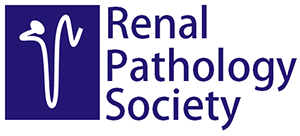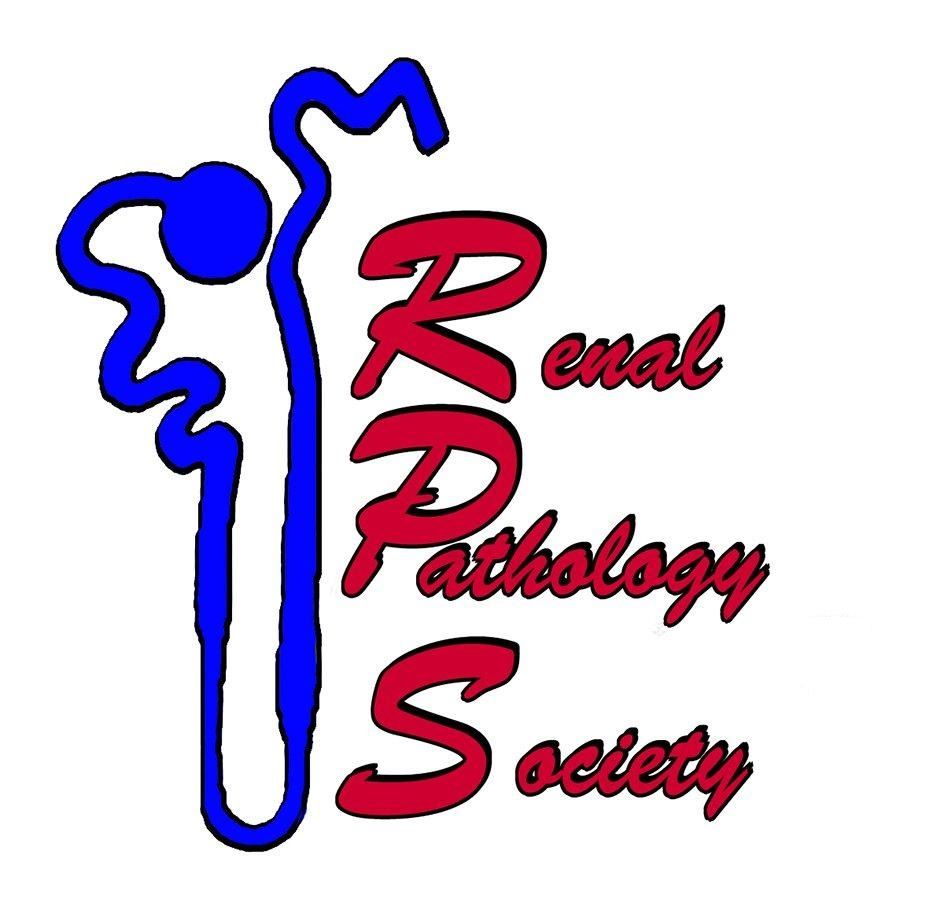Dear RPS members,
 In 2023, the RPS would like to continue our focus on embracing diversity, equity, and inclusion; and on broadening our international network. One way to achieve this goal is to celebrate a semi-monthly calendar of observances and appreciations with 10-question interviews highlighting our diverse pool of members.
In 2023, the RPS would like to continue our focus on embracing diversity, equity, and inclusion; and on broadening our international network. One way to achieve this goal is to celebrate a semi-monthly calendar of observances and appreciations with 10-question interviews highlighting our diverse pool of members.
September is Women in Medicine Month and in 2023 we feature a long time RPS member and current president, Dr. Lois Arend. Dr. Arend is currently Associate Professor of Pathology at Johns Hopkins University, Associate Director of the Renal Pathology diagnostic service, Director of the Renal Pathology fellowship, and Director of the Pathology Department Clinical Fellowship program. Dr. Arend has served the RPS on various committees including Nominating and Awards, Finance, Membership, and Program. Dr. Arend also served as the RPS representative on the ASN Kidney Week Program committee in 2003.
Women in Medicine Month | American Medical Association (ama-assn.org)
1. What is your name, where were you born, where do you work?
My name is Lois Arend. I was born and raised in Michigan. I work at Johns Hopkins University in Baltimore, MD, US.
2. What is your number one topic of interest in nephropathology?
I don’t have a favorite part of the kidney or disease; what fascinates me most in Nephropathology are the unusual, bizarre, and challenging cases that we see. I’ve also had a long-standing interest in the structure-function relationship in the kidney (an awareness born out of my PhD in Physiology!), so any alterations I see in histology that I can correlate with the functional changes catch my attention and send me off into the realm of filtration, secretion, and reabsorption, and yes, the countercurrent mechanism.
3. What do you like most about your job?
The people I get to associate with every day at work! From the staff in our lab who process the specimens, to our wonderful assistant, Marion Eggleston, to the fabulous pathology colleagues both at Hopkins and around the world whom I’ve met - every single person enhances a job that is already built around the most interesting organ in the body.
4. What is the most challenging aspect of your job?
The knowledge that there are diagnoses that are missed due to lack of technology to detect them.
5. What did you want to become when you were a child?
A veterinarian. It would have never worked out – I get too sad when animals are sick!
6. What would be your wish for the future - in general or in relation to your work?
In general, I wish for no more war, poverty, or famine, for all countries to help others, and for there to be much greater appreciation for the cultural diversity that should enrich our world rather than divide it.
7. Any special interests apart from Nephropathology?
In terms of work, no special interests outside of the kidney.
8. How do you think Renal Pathology will look like in 10 years’ time?
I imagine it will be similar but will likely involve using more digital images for standard diagnostic interpretation. This will undoubtedly lead to a greater ability to do remote work in our field.
9. Who would you consider to be your mentor in renal pathology or pathology in general?
I have to thank Kent Johnson and Paul Killen for being my mentors at University of Michigan and allowing me to train there in Renal Pathology even though they had no fellowship. They also encouraged me to join the RPS as a fellow, which I did and was accepted for membership in 1997, and the rest is history!
10. What is your favorite non-work-related activity or way to spend your time?
Watching or participating in sports is a favorite pastime. I also enjoy
cooking and reading.

Bonus Question: What have you found most challenging about developing your career as a woman in medicine?
As a female in Pathology, and in Nephropathology in particular, we’re blessed to have so many awesome female role models on which to build our own vision of a career in the field, so in that regard I feel very lucky. Outside of our little niche, it’s still unbelievably difficult for many women to be taken seriously and included in critical conversations that lead to meaningful changes. I can’t count the numbers of times while preparing for and training in medicine in general that I was essentially told “honey, you have to be really smart, work very hard (insert your own experience here) to be a veterinarian, doctor”... I see this changing to some degree, but there’s still a long way to go.

 In 2023, the RPS would like to continue our focus on embracing diversity, equity, and inclusion; and on broadening our international network. One way to achieve this goal is to celebrate a semi-monthly calendar of observances and appreciations with 10-question interviews highlighting our diverse pool of members.
In 2023, the RPS would like to continue our focus on embracing diversity, equity, and inclusion; and on broadening our international network. One way to achieve this goal is to celebrate a semi-monthly calendar of observances and appreciations with 10-question interviews highlighting our diverse pool of members. 


